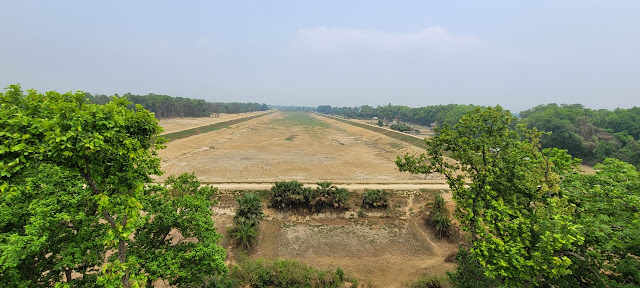Hizb ut-Tahrir banned in most of ME
Hizb ut-Tahrir Bangladesh remained unnoticed for several years before the grenade attack on the British high commissioner at Hazrat Shahjalal shrine in Sylhet over four years ago.
Though it has been banned in Asian and European countries and even in the Middle East, its chapter here has been operating overtly and unhindered for the last few years.
Hizb ut-Tahrir Bangladesh had posted anti-British and -US posters around the Shahjalal shrine two days before the attack on the then UK High Commissioner Anwar Choudhury on May 21, 2004.
This made the investigators suspect that the shrine attack was carried out by Hizb ut-Tahrir. Since then, the outfit has been alleged to have militant links at home and abroad, said a law enforcement official who was involved in the probe.
Rajshahi police yesterday rounded up some of their leaders and activists as they were preparing to hold a press conference in the divisional city.
According to information from different websites, Hizb ut-Tahrir (the Party of Liberation) is banned in Saudi Arabia, Jordan, Syria, Lebanon, and Egypt.
It is also banned in Pakistan, Tunisia, Libya, Turkey, and in the former Soviet states in Central Asia.
Though it has been banned in Asian and European countries and even in the Middle East, its chapter here has been operating overtly and unhindered for the last few years.
Hizb ut-Tahrir Bangladesh had posted anti-British and -US posters around the Shahjalal shrine two days before the attack on the then UK High Commissioner Anwar Choudhury on May 21, 2004.
This made the investigators suspect that the shrine attack was carried out by Hizb ut-Tahrir. Since then, the outfit has been alleged to have militant links at home and abroad, said a law enforcement official who was involved in the probe.
Rajshahi police yesterday rounded up some of their leaders and activists as they were preparing to hold a press conference in the divisional city.
According to information from different websites, Hizb ut-Tahrir (the Party of Liberation) is banned in Saudi Arabia, Jordan, Syria, Lebanon, and Egypt.
It is also banned in Pakistan, Tunisia, Libya, Turkey, and in the former Soviet states in Central Asia.


Comments
Post a Comment